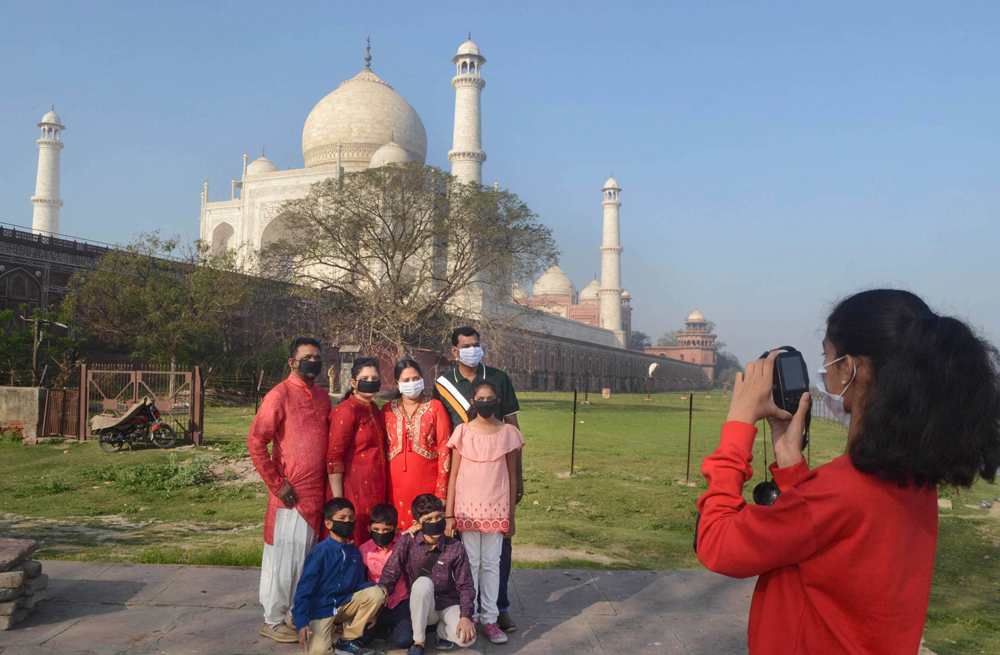India, which has so far recorded 137 coronavirus cases, three of which have turned fatal, is in the stage two of its spread, meaning transmission of the virus has been limited to localities.
But Indian Council of Medical Research (ICMR) director-general (DG) Balram Bhargava, who was accompanied by director of ICMR’s National Institute of Epidemiology Manoj Murerkar and other scientists, told reporters on Tuesday that it was too early to say whether India had been able to contain the spread of Covid-19.
Bhargava explained that there were four stages of the virus’s spread.
“There are imported cases, or cases which are sporadic. Then, there is local transmission which has been established now. But majority of our patients have a history of travel or of direct contact with those with a travel history,” he said.
The third stage, he said, was when there was community transmission. “We hope we should not have that… We cannot say community transmission will not happen,” he said.
Bhargava said a lot now depended on how strongly international borders were closed. ICMR scientists said that nearly 1000 samples were tested across 51 labs in the country from March 1 to 15 to determine if there was community outbreak. Results of 500 of these have come in and there is no evidence yet of community spread.
Bhargva and his team then went on to answer several questions on the strategy being followed to contain the spread of the virus, testing facilities and why private laboratories hadn’t yet been roped in to augment testing facilities. Excerpts
What is the testing strategy being followed?
The strategy centres around all asymptomatic patients who have undertaken international travel. The protocol suggests they should be home quarantined for 14 days. They should be tested only when they display symptoms such as fever, cough or difficulty in breathing. Those who test positive should be isolated and treated as per standard protocol. Till Monday, 11,500 samples had been tested.
What is the capacity of testing?
There are 72 functional laboratories in the ICMR system. As many as 49 non-ICMR labs (belonging to Council of Scientific and Industrial Research, the department of biotechnology, Defence Research and Development Organisation and government medical colleges) will start testing by the end of the week. Each lab has a capacity to test 90 samples per day.
Two systems — “high throughput” — with a capacity to test 1,400 samples per day will be activated by the end of the week at two sites. More such systems have been sought. But these may take time. The government has ordered a million probes and requested WHO for another million probes to be used for testing.
Why don't we have more testing centres? Also, many showing coronavirus-like symptoms are apparently being turned away leading to under-reporting of cases.
There is no evidence to suggest that asymptomatic (showing no symptoms) infections are occurring in the population and spreading infection. ICMR has prioritised efforts to find out whether there is a likelihood of moving to the third phase. If at all that happens, early detection of cases will happen.
Why aren’t private laboratories being used?
ICMR is trying to engage high-quality private labs. But the number of such labs is few. For example, only few have PCR machines. ICMR is trying to get them on board as soon as possible. ICMR feels Covid-19 tests should be conducted free.

